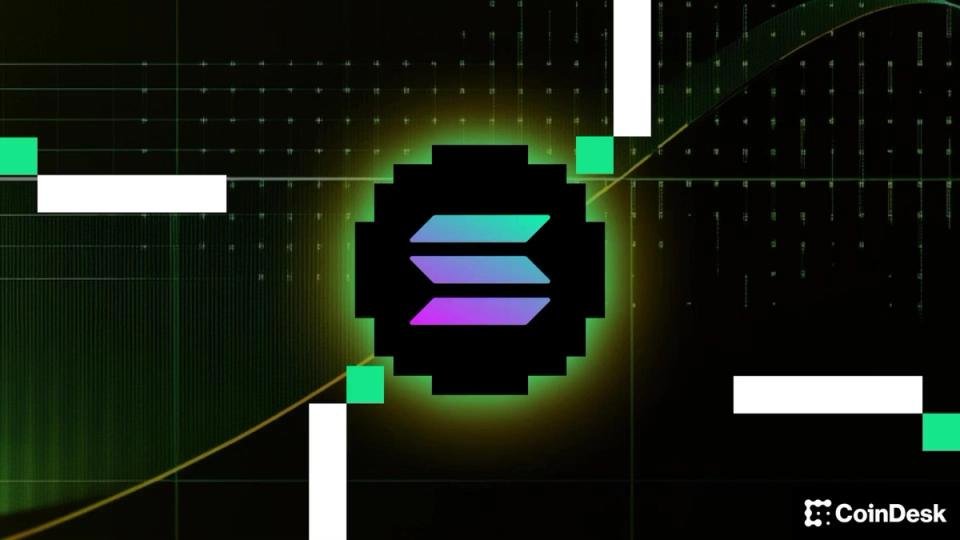Solana’s Alpenglow Upgrade: Transforming the Staking Economy
The Solana blockchain is set to undergo a significant transformation with its upcoming Alpenglow upgrade, poised to revolutionize the network’s staking economy. In a recent discussion with Michael Repetny, CEO of Marinade Labs, which supports Solana’s liquid staking protocol, insights were shared on how this upgrade aims to democratize validator participation and enhance decentralization. As we anticipate this upgrade at the end of 2023 or early 2024, it’s critical to explore the implications for Solana’s ecosystem and its validators.
Current State of Solana Staking
Initially, Solana boasted a robust validator network with over 700 validators at its launch. However, recent trends show a decline, with active validators dropping below 1,000. The concentration of stakes remains a pressing issue; a mere one-third of stakes can halt the network, emphasizing the need for a healthier validator distribution. Repetny underscores the risk imposed by increasingly centralized entities, which threatens the foundational decentralization that cryptocurrencies like Solana advocate. This environment reinforces the necessity for accessible and viable options for validators to engage in responsible staking practices.
Impact of the Alpenglow Upgrade on Staking Economics
The Alpenglow upgrade is promising to reshape staking and validator economics fundamentally. One of the major changes involves reducing vote fees for validators, which currently consume about 80% of the monthly cost to operate a validator. By lowering these fees, the entry barrier for running a validator will drop substantially, making it feasible for a wider pool of participants. This change is crucial not only for individual stakeholders but also for the overall health and robustness of the Solana network.
Changes to Validator Rewards and Economic Viability
In addition to adjusting costs, Alpenglow is designed to enhance network performance through increased bandwidth and reduced latency. These improvements should lead to more efficient block packing, which can ultimately increase validator rewards. Moreover, a more responsive network will reduce the opportunity for malicious activities, such as maximum extractable value (MEV) exploitation. By minimizing MEV opportunities, Solana enhances user experience and trust in the network, thereby fostering economic activity and participation.
Potential Trade-offs for Validators
While Alpenglow introduces significant benefits, it may also come with challenges for validators, including potentially higher hardware requirements. As the network anticipates an increase in transaction volume, validators must ensure they can keep pace with elevated expectations. This might create a need for better infrastructure, which could disadvantage smaller or less resourced validators. However, the overarching priority is to improve Solana’s operational efficiency and reliability, laying a foundation for a more decentralized ecosystem.
Marinating the Future with Alpenglow
The Alpenglow upgrade aligns closely with Marinade’s mission to facilitate greater accessibility and participation in Solana’s staking ecosystem. By radically lowering the operating threshold for validators, the upgrade not only democratizes participation but also encourages diverse validators who can contribute to the network’s health. As Solana implements complementary enhancements like DoubleZero and Firedancer, the hope is for a synergy of improvements that strengthens the entire ecosystem.
Looking Ahead: What’s Next for Solana?
Set for a late 2023 or early 2024 launch, the Alpenglow upgrade is expected to be a pivotal transition for the Solana network rather than just another incremental update. It is designed to address the competitive landscape posed by other decentralized protocols. As implementation unfolds, Solana aims to unlock new economic activities and use cases currently inaccessible within the network. The anticipated growth in economic activity should translate into increased revenue, creating a larger pie for all stakeholders in the ecosystem. As we move forward, the importance of continuous upgrades and community engagement remains critical for Solana’s long-term success and sustainability.


